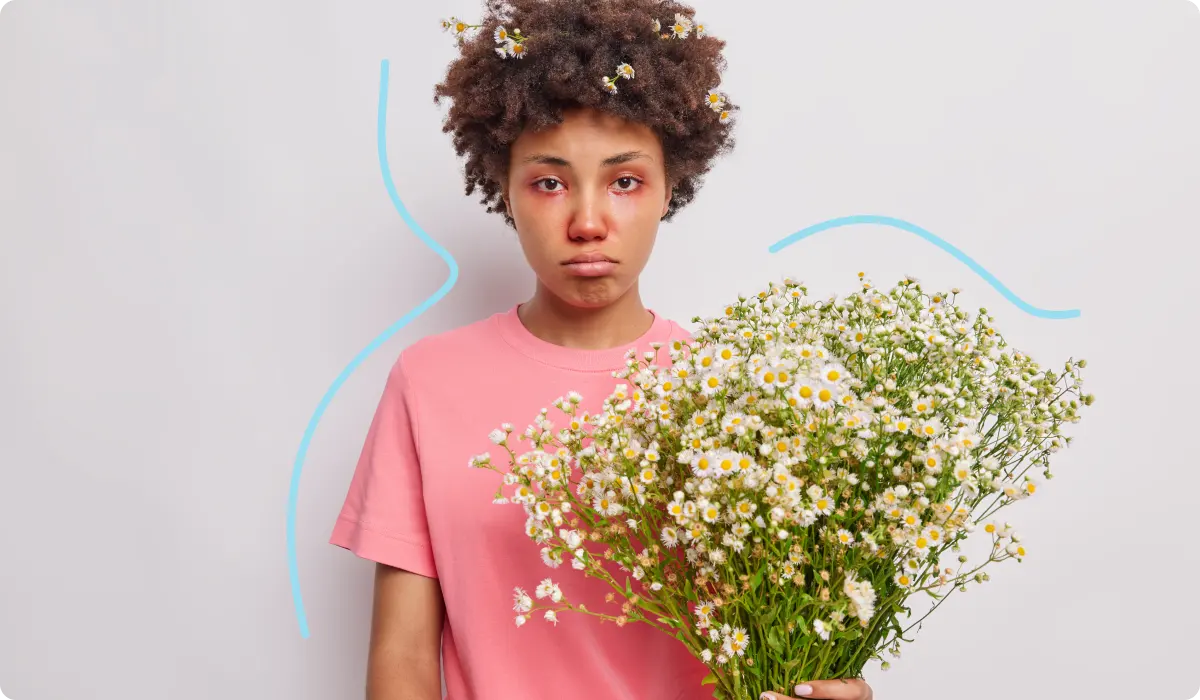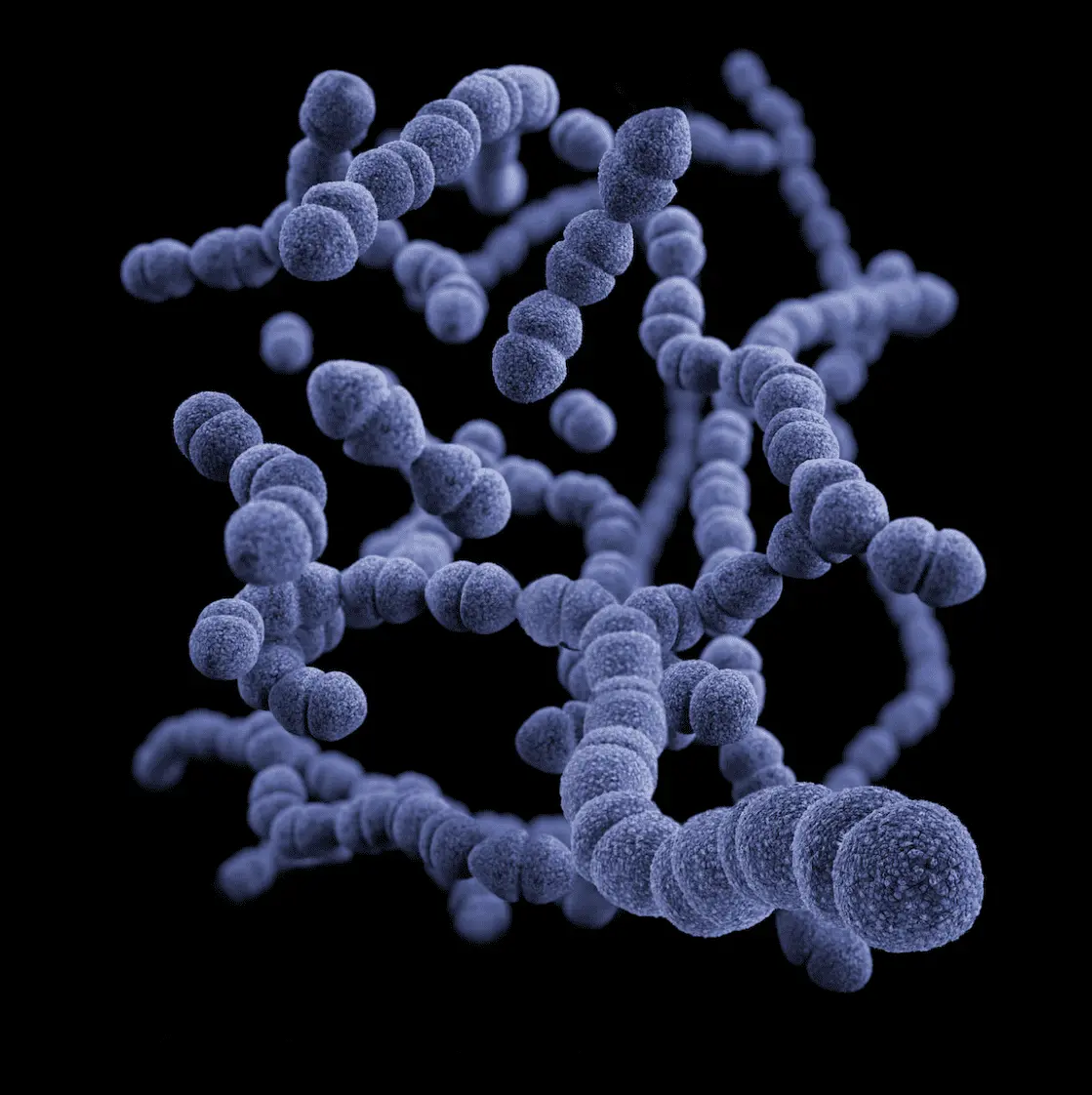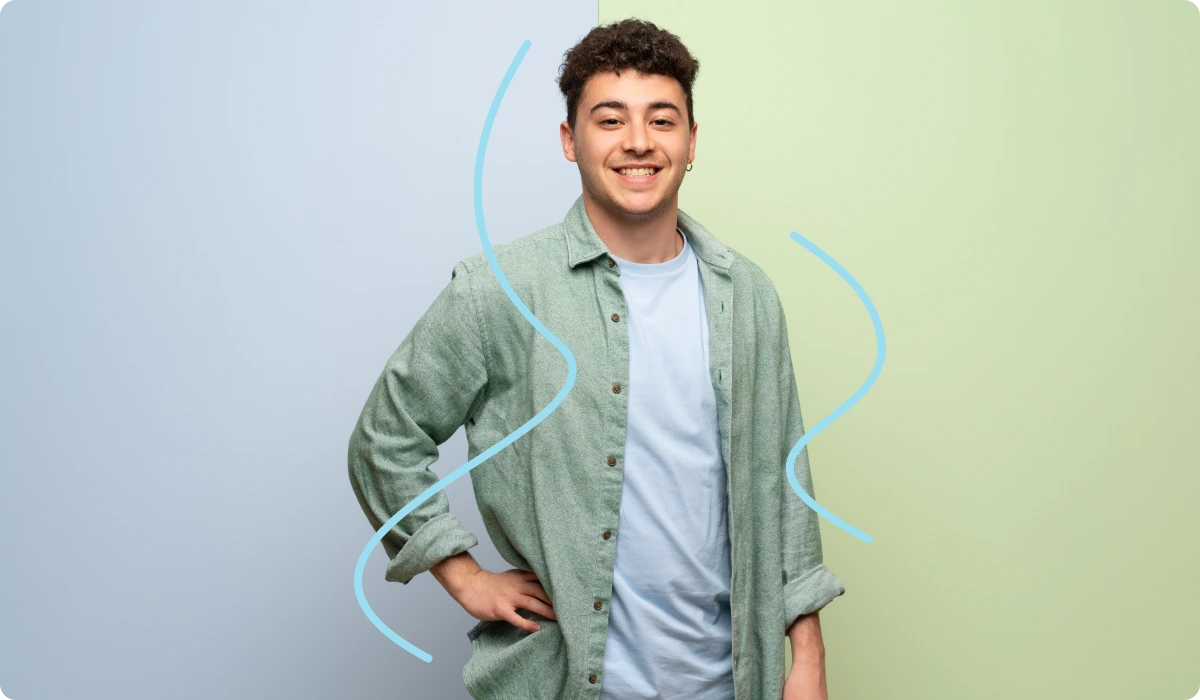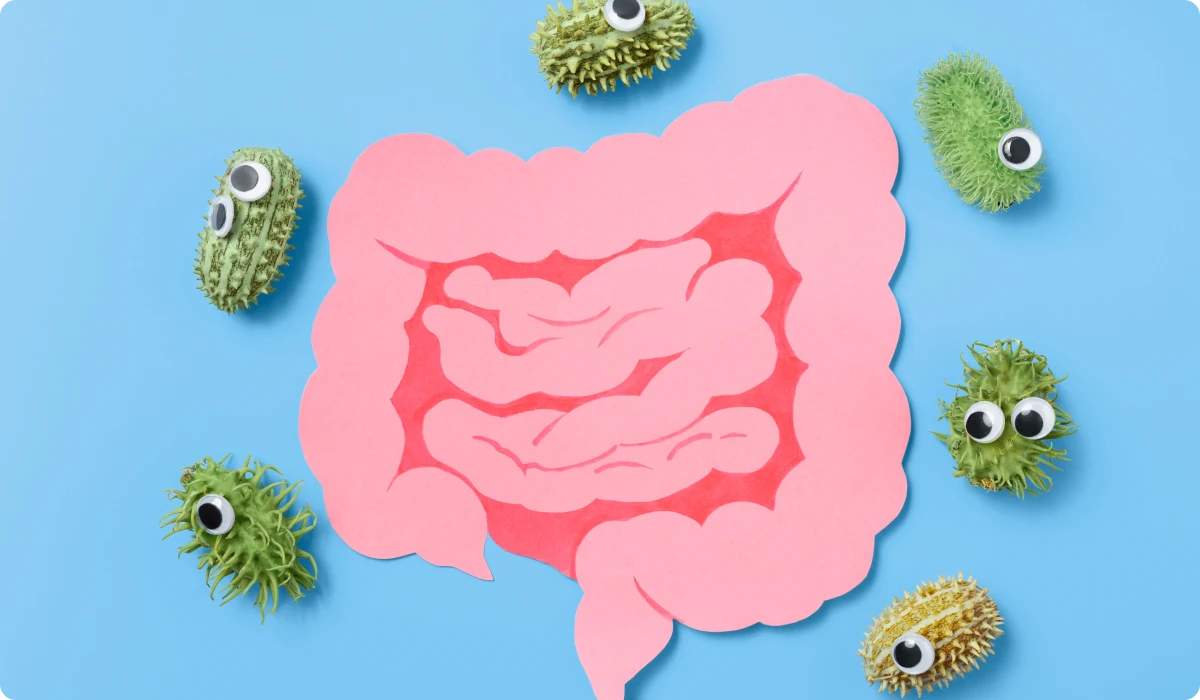
Pollen allergy affects a significant portion of the UK population, and its symptoms can range from mild to severe. It is not only limited to the spring season but can also occur during autumn, winter, and summer, depending on when trees and plants bloom. Although avoiding pollen entirely is impossible, there are ways to alleviate the symptoms.
This article will provide information on pollen allergy, including its symptoms, tests, treatments, and preventive measures.
Pollen Allergy Symptoms
Pollen allergy can manifest itself in different ways and to different degrees. Many become “just” a little sniffy while others can experience fatigue and get asthmatic symptoms. The most common allergic symptoms for pollen are:
- Stuffy nose
- Sneezing
- Irritation of the eyes
- Coughing and wheezing in throat and/or airways
- Headache
- Asthma
- Fatigue
Children can also have pollen allergies and the symptoms are similar to those of adults.
Pollen Allergy Tests
Today, you don’t have to visit a doctor or health centre to do an allergy test. It is easy and convenient to do at home with an allergy test kit. The test not only shows if you are allergic to pollen, but also for example cat allergies and grass allergies. Click here to get to our own pollen allergy test. If you do an allergy test, you can get black on white answers about whether or not you are pollen allergic. Afterwards, you can try with prescription-free medicines (which usually are enough), or make an allergy analysis with a doctor if the symptoms do not go away.
Pollen Allergy Treatment
Aside from medication and the obvious tip of avoiding pollen as much as possible, there are a few things you can do and keep in mind to alleviate your pollen allergy symptoms.
- Keep your home clean and tidy – especially the bedroom.
- Use pollen forecasts from the measuring stations (e.x. Met Office, National Pollen and Aerobiology Research Unit) spread throughout the UK.
- Morning and evening generally have lower levels of pollen than mid-day.
- Exercise indoors and be aware that you might be able to do less during pollen season.
- Brush off your dog or cat if it has been outside for a long period of time. Even if you don’t have dog or cat allergies, pollen can stick to their fur.
Pollen Allergy Medicine/Vaccine
There are several ways to treat pollen allergies. It can be divided into three different types of medication:
- Tablets
- Nasal spray
- Eye drops
Tablets with antihistamines are the most common way to treat pollen allergies. It helps the body alleviate symptoms such as itching and runny nose. However, it is not very effective against nasal congestion – instead a nasal spray is recommended.
Cortisone tablets are usually used when antihistamines are not sufficient. Pollen allergy in children should not be treated with cortisone tablets, except in specific cases where the doctor has prescribed it. Cortisone can also be taken as a nasal spray and injection.
Leukotrienes are another type of tablet that has a more lasting effect on pollen allergy, and which is also often taken preventively. If you know in advance that you will have trouble, it can therefore be a good alternative to antihistamines.
When it comes to nasal sprays, make sure to use one that specifically targets allergic problems. Regular nasal sprays such as Nezeril won’t help and can even worsen the symptoms.
Pollen medicine pregnancy
It is generally harmless to take allergy tablets during pregnancy, but it is important to choose the right type. Leukotrienes are often okay for children too. Consult a doctor, pharmacist or midwife if you are unsure. Antihistamine tablets with loratadine or cetirizine are recommended during pregnancy. Loratadine also works well while breastfeeding.
Pollen allergy children
It generally takes a few years for pollen allergies to develop, which means it is rare during the first year of the child’s life. Most over-the-counter medicines for pollen allergy can be used by children, and many can be bought in liquid form. This will usually be specified on the packaging. Check with pharmacists if you’re uncertain about which medicine your child should take.
Conclusion
If you are experiencing pollen allergy symptoms or suspect that you might have pollen allergies, it is essential to take the appropriate steps to alleviate them. You can visit here or have a live chat with medical experts via GetTested.co.uk to get more information about pollen allergy tests, treatments, and preventive measures. Don’t let pollen allergies limit your life – take control and get tested today.











